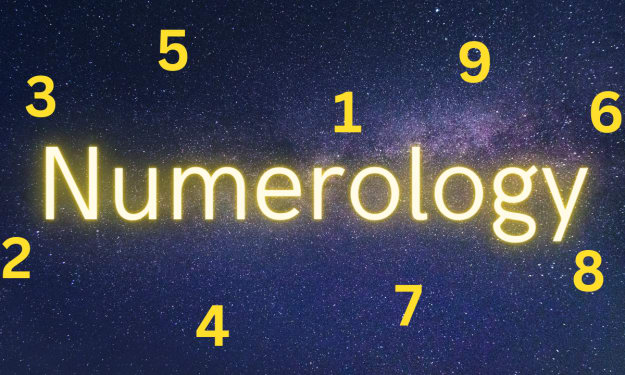Exploring the Differences between Western and Vedic Astrology
Read to learn more about the differences between the two...

Astrology is a practice that dates back thousands of years, in which the positions and movements of celestial bodies are studied to understand and predict human affairs and natural phenomena. Astrologers believe that the positions and movements of these celestial bodies at the time of a person's birth have a direct influence on that person's personality, relationships, and life path.
There are 12 zodiac signs in astrology, each associated with a specific time of year and represented by a specific symbol. The signs are Aries (the Ram), Taurus (the Bull), Gemini (the Twins), Cancer (the Crab), Leo (the Lion), Virgo (the Virgin), Libra (the Scales), Scorpio (the Scorpion), Sagittarius (the Archer), Capricorn (the Goat), Aquarius (the Water Bearer), and Pisces (the Fish).
In addition to the zodiac signs, astrologers also study the planets and other celestial bodies, including the Sun, the Moon, and the eight planets in our solar system. These bodies are believed to have unique energies and influences on human affairs.
Astrologers use a variety of techniques to interpret the positions and movements of these celestial bodies, including the creation of astrological charts and the use of specific tools such as the horoscope. A horoscope is a specific astrological chart that is created for a particular place, date, and time, and is used to predict future events and offer guidance to individuals.
While astrology has a long history and continues to be practiced by many people around the world. Many people find value and insight in astrological readings and beliefs, while others view it as superstition.
Despite the lack of scientific evidence, astrology remains a popular and enduring practice, with many people finding comfort and guidance in its teachings. Whether or not one chooses to believe in astrology, it is undeniable that it has played a significant role in human history and continues to be a fascinating topic of study and contemplation
Astrology is a practice that involves the study of the positions and movements of celestial bodies in order to understand and predict human affairs and natural phenomena. While there are many different astrological traditions, two of the most well-known and widely practiced are Western astrology and Vedic astrology. These two traditions share some similarities, but they also have some significant differences.
One of the main differences between Western and Vedic astrology is the way in which the astrological chart is calculated. Western astrology uses the Tropical zodiac, which is based on the position of the Sun relative to the Earth at the time of a person's birth. The Vedic system, on the other hand, uses the Sidereal zodiac, which is based on the fixed positions of the stars. This means that the zodiac signs in the Vedic system are slightly different from those in the Western system, and a person's astrological chart will look different depending on which system is used.
Another difference between the two traditions is the way in which the astrological chart is interpreted. Western astrology tends to focus more on the personality and character of the individual, while Vedic astrology places more emphasis on the individual's life path and spiritual growth. Vedic astrology also incorporates the use of dashas, which are time-based cycles that indicate the various phases of a person's life and the challenges and opportunities they may encounter during each phase.
In addition to these differences, there are also some cultural differences between the two traditions. Western astrology has its roots in ancient Greek and Roman culture, while Vedic astrology has its roots in ancient Indian culture. As a result, the symbolism and terminology used in each tradition may be somewhat different. For example, Western astrology uses symbols such as the Ram, the Bull, and the Twins to represent the various zodiac signs, while Vedic astrology uses symbols such as the Dragon's Tail, the Dragon's Head, and the Great Bear.
Despite these differences, both Western and Vedic astrology are practices that have been used for thousands of years and continue to be popular and widely practiced today. Many people find value and insight in astrological readings and beliefs, while others view it as superstition. Whether or not one believes in the validity of astrology, it is undeniable that it has played a significant role in human history and continues to be a fascinating topic of study and contemplation.
Discover and learn more about yourself and the world through astrology. Click here for a FREE PERSONALIZED MOON READING.
About the Creator
Enjoyed the story? Support the Creator.
Subscribe for free to receive all their stories in your feed. You could also pledge your support or give them a one-off tip, letting them know you appreciate their work.






Comments
There are no comments for this story
Be the first to respond and start the conversation.